Every library catalogs its books according to the subject matter, history, philosophy, law, self-help, and so on. In which section would you think the Torah should be placed? That’s not an easy question since it contains a lot of various subjects.
The surprising answer is that it should be found in the guidebook section, as the name Torah itself means a guide, and as such, nothing appears in the Torah that does not provide a lesson that can be applied to our lives.
With this in mind, let us look at the 10 commandments that we read on Shavuot which are preceded by the declaration, “G-d spoke ‘all these words’ to say: I am the Lord your G-d”
The phrase “all these words” seems to refer to the words of the entire text that precedes the 10 commandments. From the moment of creation through the lives of the patriarchs and the exodus from Egypt are all a necessary foundation to the centrality of our faith, the 10 commandments.
Why was that necessary? To teach us that the principles of the Decalogue are not an abstract list of unattainable values but instead a living guide to an ethical and moral life exemplified by our Patriarchs and Matriarchs who lived with absolute devotion of faith and trust in G-d and they provide for us a pathway in the real world to a life well-lived.
With that, we can understand why the study of Torah is so fundamental to Judaism because a guidebook has little value if it’s left unopened on the shelf.
~ Rabbi Shaul



